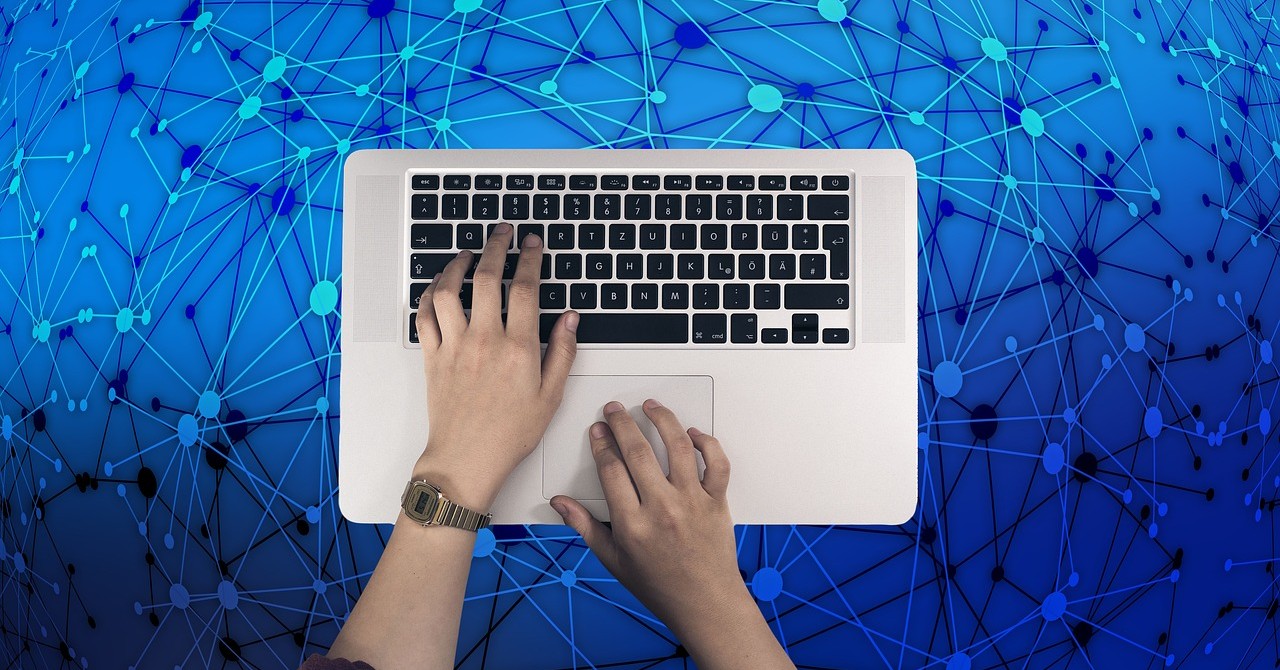Electronic Bill Presentment: Today’s Reality

Many consumers pay bills through their banks, which offer the complimentary service to attract more customers. Bill payers enjoy advantages like not needing to write checks or buy postage stamps; however, transaction-centric bank bill payment solutions may not satisfy all consumer needs. Document archiving, for example, is one bill-management aspect the banks rarely offer.
Consolidating bill documents is a practical alternative, but why should consumers switch to a document-consolidation service like Cubby Paperless? The short answer is to simplify the billing and payment process.
Bank-offered bill pay is not a document delivery solution. It won’t relieve consumers from dealing with monthly bill receipts and reviews. Unless consumers make autopay arrangements, they must still access their bills from paper or online sources, log into their bank bill-pay portal, and enter the amounts and payment dates.
There’s no arguing that bank bill-pay saves time and money (no stamps needed) while allowing for the easy tracking of spending and past payments. One big bonus is that, with autopay, consumers can avoid late payments, which account for 35% of credit scores. But many consumers are wary of putting electronic payments 100% on autopilot. They still want to review bills and make sure they have the money in their accounts to cover payments when they are due. If they aren’t logging in frequently, it's easy to lose track of payment amounts and dates.
As a result, many customers find it easier to do their reviews on paper, rather than logging into a dozen different websites to view their bills. Companies would prefer they switch off paper entirely.
Lost CX Opportunity
Any bill-paying process that eliminates or discourages the need to view the billing documents has a downside.
Many organizations include relevant upsell and cross-sell messages as part of the customer bills. They may also use the bills to communicate other important information, such as upcoming rate changes, new store openings, etc. When consumers have no reason to view their electronic bills, or they view the process as too cumbersome, the biller has lost a valuable connection with their customers.
Bank Pay Shortcomings
For consumers, drawbacks when paying bills online either through a bank or credit union include:
- Bills get paid even if there are insufficient funds. Consumers must sign up for overdraft protection and may be assessed low-balance fees.
- The blame game: In the event a payment is late, it will take time to get the issue (and any assessed late fees) resolved.
- Errors sometimes occur in payment amounts, when a decimal point is misplaced or an extra zero gets tacked on!
- Increasing costs can go unnoticed when bill amounts rise. For example: Consumers who sign up for paperless billing with their cable company may never again look at their monthly statement. Over time, rates can increase, prompting cancellations.
An Alternative Bill Presentment Approach
At Cubby Paperless, we suggest offering customers a new alternative that overcomes the inconvenience of managing several online accounts or drives them to their bank’s bill-pay system, severing an important avenue for customer retention, referrals, and upselling.
With Cubby, companies simply send us a copy of the same files they use to produce printed and electronic documents for customer delivery. We use that information to build a portal for each customer where they can view and archive the documents from all the companies with which they do business. Cubby retains any links you currently provide for online bill-payment.
We believe that offering an attractive alternative to those customers who still insist on paper bills will convince more of them to convert to paperless delivery, allowing companies to meet their targets for paper use reduction.
Learn more about Cubby Paperless at: https://www.cubbypaperless.com/companies
Category: Post
Utility Companies: How to Switch Customers to Paperless Bills
Why Bank Bill Pay Services Aren't Enough: Discover the Benefits of Document Consolidation
Next >